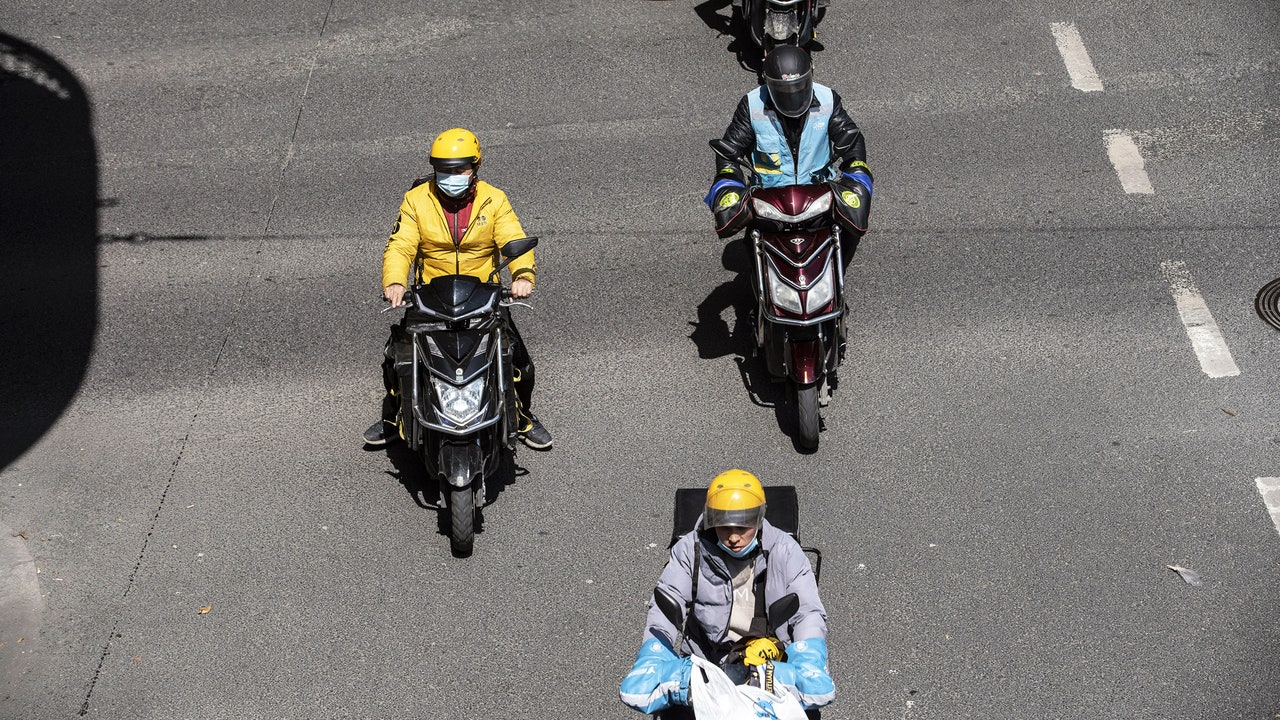Food delivery drivers are using platforms’ data-powered systems, mass WeChat groups, and unofficial unions to fight unfair conditions.
Over the past years, China's platform economy has engulfed almost a quarter of the country’s labor force, with an estimated 200 million people working in “flexible” employment.
Many more are forming unofficial unions with the help of social media platforms such as WeChat and Douyin
Couriers have set up WeChat groups of up to 500 people to exchange information on places in the city where it’s difficult to deliver—such as large buildings with multiple lifts or gated communities. These are treated as “no-fly zones,” where couriers refuse to go
The couriers “know it is impossible to deliver in the time expected by the platform,” says Bonini. “So they organize these kinds of collective rejections until that order comes back with a higher price
The most famous informal union is Knights League, which was set up in 2018 for riders to share tips with each other. The most famous gig activist, Chen Guojiang, also known as Mengzhu, reportedly managed 16 WeChat groups reaching over 14,000 delivery drivers. Chen was arrested by Chinese authorities in March of last year on charges of “provoking trouble,” after he tried to mobilize strikes among fellow delivery couriers in Beijing.


